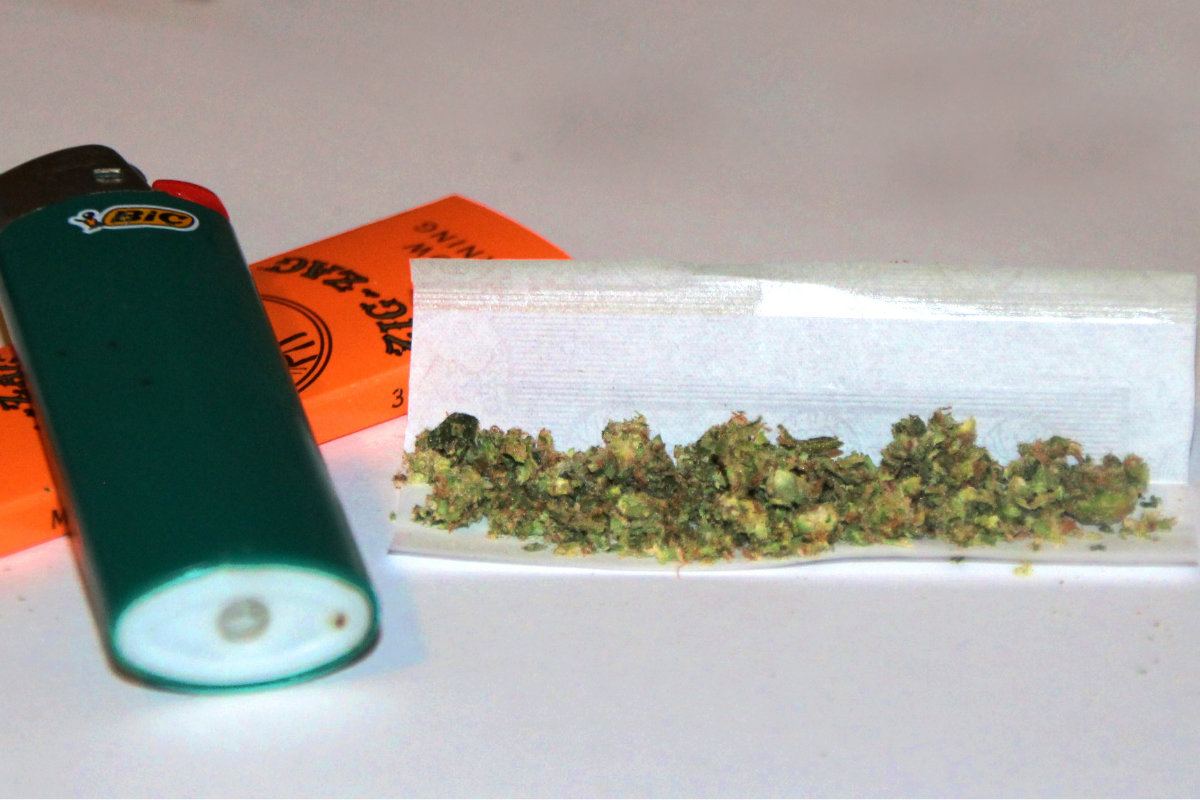Some employers are trying to peer through a cloud of uncertainty as marijuana goes mainstream.
The recent election cycle saw four more states vote to legalize recreational marijuana. California, Nevada, Maine and Massachusetts now join Colorado, Alaska,Washington State, Oregon, plus Washington, D.C., where it’s perfectly okay for those 21 and over to smoke weed.
The plant’s acceptance is particularly worrisome for employers in the construction and service trades, where the use of illicit drugs and heavy alcohol consumption is higher than most other industries, according to the Substance Abuse and Mental Health Services Administration.
Chief among business owners’ concerns: Can they still fire an employee who fails a drug test, even if that drug is now legal? Could they face a wrongful-termination lawsuit if they do?
It is uncharted territory, one that Lance Sada isn’t eager to navigate.
He wonders what happens if an employee is high and gets hurt on the job or does poor work? “At what point am I liable for their impairment?” asked Sada, owner of A Clear Choice Pool & Spa in Menifee, Calif. “I don’t want to be the guy who has to spend $100,000 to figure out how it’s going to be dealt with.”
Sada said his family-run firm is operated by clean and sober personnel. He seeks to hire like-minded workers as the company grows, but fears that marijuana’s decriminalization could make it difficult to weed out applicants who partake.
But pot shouldn’t pose any legal hang-ups when it comes to hiring or firing. Employment attorneys say things should remain business as usual, for the most part. California’s Proposition 64 passed in large part because it contained a provision that maintained an employer’s right to terminate those who violate company drug policies. Other states offer similar assurances.
-
Techs and Drugs
Dave Hawes has a long-tenured staff and a reputation for strict hiring standards. But 15 years ago, his company fell victim to an all-too-common problem — substance abuse in the workplace.
Just as always, workplaces can prohibit the use of weed the way they do other substances, such as alcohol, by subjecting employees to a drug test. There is one key difference, though: Booze quickly passes through the system. Pot, however, tends to stick around. THC, the main mind-altering ingredient in cannabis, is stored in the body’s fat cells. That means an employee can fail a drug test weeks after imbibing off the clock.
Even though smoking the substance is legal, business owners can still give workers the heave-ho if THC is detected.
“As long as employers are consistent in their application of drug testing, and they have a clear policy in place, employers (at least for now) should be able to terminate their employees for a positive drug screen,” said Jason Meyer, a Southern California-based partner at Gordon & Reese.
That, so far, has been the case in other weed-friendly states. In a recent case, the Colorado Supreme Court backed an employer’s decision to fire a worker who didn’t pass a drug test, setting a precedent other courts will likely follow.
Still, in light of the drug’s legalization, employers would be wise to fine-tune their drug-screening policies and make staff members aware of how they are implemented and the repercussions for failing.
“Many wrongful termination suits that we see involve employers who do not have an employee handbook with guidelines and expectations clearly spelled out for the employees,” Meyer said.
Also, screenings need to be implemented consistently and without discrimination. In other words, don’t single out an employee because you suspect he or she is using. If that person tested positive and is fired as a result, Meyer said, that would be an invitation to a lawsuit.




